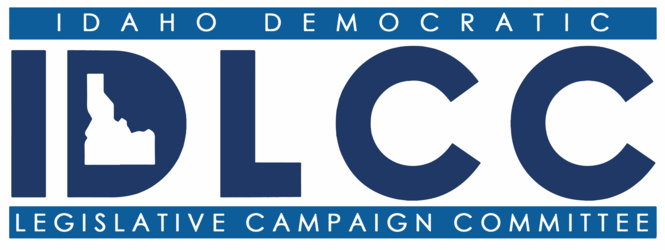Childcare is a non-negotiable part of parenthood. Every child will need some form of childcare whether they have a parent staying home, a relative willing to give full-time care, or a close-by daycare center. Idaho parents, unfortunately, face more barriers to accessing quality, affordable childcare than parents in most other states.
The Gem State has been ranked last in the country for daycare regulation and oversight, the worst state for working moms, and last in the nation for early childhood education. The U.S. Chamber of Commerce recently found that Idaho loses almost $500,000,000 every year due to our lack of childcare options. Most of the cost to our economy comes from employees missing or leaving work because they are struggling with childcare. The same study found that around 40% of Idaho parents don’t have access to affordable childcare for their kids.
I’ve been thinking a lot about childcare recently because my husband and I will be welcoming our first child later this summer. We both work full-time jobs and have been actively looking to secure a space for our infant when we return to work. In my role as director of a nonprofit, I also supervise an employee with a young family and am seeing first-hand how challenging it is for parents to return to work during this pandemic. Pre-COVID shortcomings like limited space at local daycare facilities are being exacerbated by shutdowns and quarantines when staffers or attendees test positive for the virus. Overnight, entire facilities may be forced to shutter for days or weeks, leaving parents and their employers in the lurch. In May, over 200 facilities in Idaho, providing care for about 8,300 children, shut down temporarily. A number of those daycares and preschools will never reopen, unable to recover as they were operating under such thin margins to begin with. In a state where so few options for quality care are available, many parents will find the pickings even slimmer in months to come.
The legislature has a human and financial incentive to make meaningful investments in daycare, kindergarten, and preschool. As just one example, the Governor’s most recent K-12 task force recommended that the legislature create opportunities for all-day kindergarten to improve literacy and overall student achievement for kids across Idaho. Despite popular support for statewide all-day kindergarten, the legislature failed to take any action on the recommendation during the last session. Education, business, and political leaders advised the Governor that all-day kindergarten should be one of the state’s top priorities. Our inadequate options for early childhood care and development impact our parents and children, the health of our economy, and the strength of our businesses.
Idaho parents are further burdened by the fact that our state is one of just four or five that does not make any investment in pre-k programs. The result is a patchwork of early learning opportunities that perpetuates a system of haves and have-nots, largely falling along the urban/rural divide. The disparities even within our own District 5 were made clear to me during a recent conversation with a mom in Plummer, Idaho. After sharing that she was still working from home because her young children did not have any place to go during the day, I asked her what sort of options for childcare were available in her town. Her response: “There are no options.” She went on to say that older family members tend to fill the gap, but as we strive to protect the most vulnerable from Covid-19, that reliance is more problematic than ever.
Idaho parents, myself included, are going to have a very hard time finding childcare in the next several months. As difficult as it can be to secure childcare in Moscow, the circumstances for young families in smaller communities are even less favorable. The short and long-term benefits of state investment in childcare are clear, both for parents anxious to return fully to the workforce and for the kids who will be better equipped for success in the future. As your representative, I’ll work hard advocating for policies that support working families, mine included.

Recent Comments